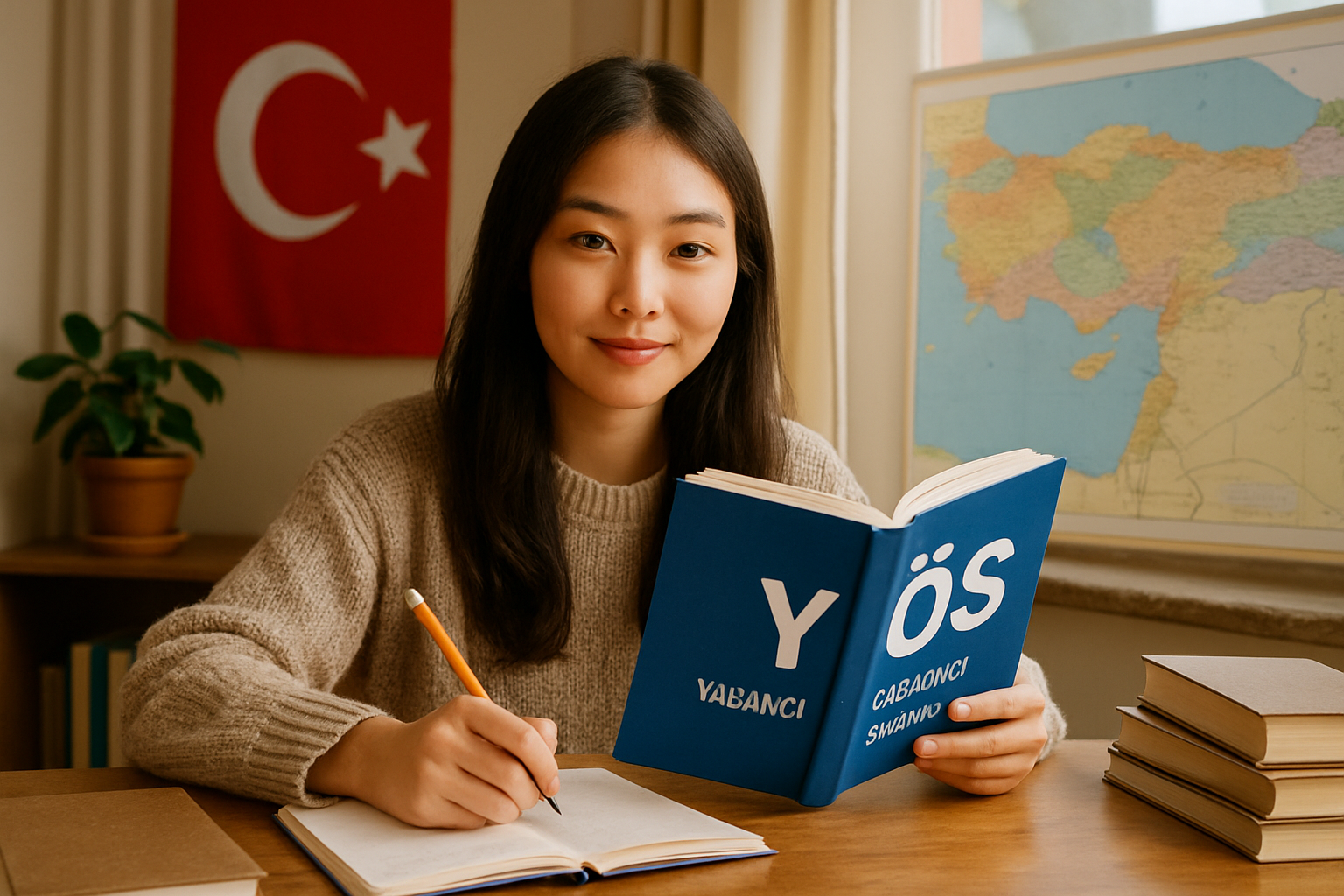Understanding the YÖS Exam: A Guide for Foreign Applicants

Navigating life as an expat often includes distinct hurdles, and pursuing higher education in a new country is no exception. For many foreigners aiming to study in Türkiye, the YÖS exam represents both a challenge and an opportunity. Understanding how this exam works, its importance, and ways to prepare can help foreign applicants unlock the doors to Turkish universities. Whether your dream is to study engineering in Istanbul or medicine in Ankara, the YÖS exam is your first step. This guide will break down everything you need to know.
What Is the YÖS Exam?
YÖS stands for “Yabancı Uyruklu Öğrenci Sınavı,” which translates to Foreign Student Examination. Turkish universities require foreign nationals to take and pass the YÖS as part of their admissions process. This standardized exam measures your aptitude in core academic skills needed for undergraduate programs.
The core elements of the YÖS exam include:
- Mathematics: Algebra, geometry, and problem-solving
- Logic and Reasoning: Pattern recognition and analytical questions
- Basic Science (in some cases): Physics and chemistry depending on the university
Each university in Türkiye may have its own version of the YÖS exam with minor differences, but the overall structure and difficulty remain consistent. This allows institutions to fairly evaluate students from diverse educational backgrounds.
Who Needs to Take the YÖS?
Not everyone planning to study in Türkiye must take the YÖS. The exam targets foreign nationals who did not complete their high school education in Türkiye and wish to enroll in Turkish universities for undergraduate studies.
Key scenarios where the YÖS applies:
- You do not hold Turkish citizenship
- Your high school education was completed outside Türkiye
- You seek undergraduate admission to a Turkish public or private university
Some universities also accept international exam results like the SAT or IB. However, YÖS remains the main pathway for most expat students, especially those who wish to access more universities and programs.
Exam Format and Practical Considerations
Each university schedules the YÖS exam on its own calendar — usually in the spring months. Prospective students can often choose from several university exams, taking multiple versions to improve admission chances. Here’s what you can expect on exam day:
- 100-120 multiple-choice questions
- Duration: Around 120 minutes
- Mathematics and logic as main sections
- Languages: Usually Turkish, English, Arabic, or Russian
For example, a student from Nigeria planning to attend an engineering program might take the Istanbul University YÖS in English. The focus here would be on numerical and spatial reasoning, reflecting real university tasks. The student then uses the score to apply to several universities, maximizing options.
Taking the YÖS at more than one university can increase your chance of securing admission to your program of choice.
Preparation Strategies and Resources
Preparing for the YÖS might seem daunting, especially in an unfamiliar language or educational context. However, many successful YÖS-takers follow a clear and realistic plan.
- Invest in YÖS prep books and online materials — many resources mirror the question types seen on the actual exams
- Consider enrolling in prep courses offered by language schools and private tutors in Türkiye and online
- Practice past YÖS exams to get comfortable with the format, difficulty, and timing
- Build a study group with other expat applicants for motivation
- Take mock exams to improve speed and accuracy
A student from Pakistan, for instance, used digital study guides and remote tutoring sessions in English to practice math problems daily. Within three months, she built the skills necessary to approach complicated questions confidently, ultimately unlocking several admission offers.
Students who dedicate time to both academic content and language familiarity see the best outcomes. Practicing frequently with sample tests reduces surprises on exam day and improves time management skills.
Beyond the Exam: YÖS Scores and University Applications
Once you receive your YÖS scores, you can begin the application process. Most universities use a centralized online portal, but some require direct applications. The key benefit of holding a strong YÖS score is the control it gives you over your educational future in Türkiye.
- Apply to multiple programs across different cities
- Eligible for scholarship opportunities tailored to foreign students
- Avoid last-minute visa and admission rushes
For example, a Georgian student who scored high in the YÖS could submit applications to top state universities in Ankara, as well as private, English-medium programs in Istanbul. This flexibility led to multiple acceptance letters, letting the student choose optimal tuition costs and campus life.
Many expats find that the YÖS opens doors not just to education but to long-term residency and professional opportunities in Türkiye. Mastering the exam process signals both commitment and adaptability to your new academic and cultural environment.
